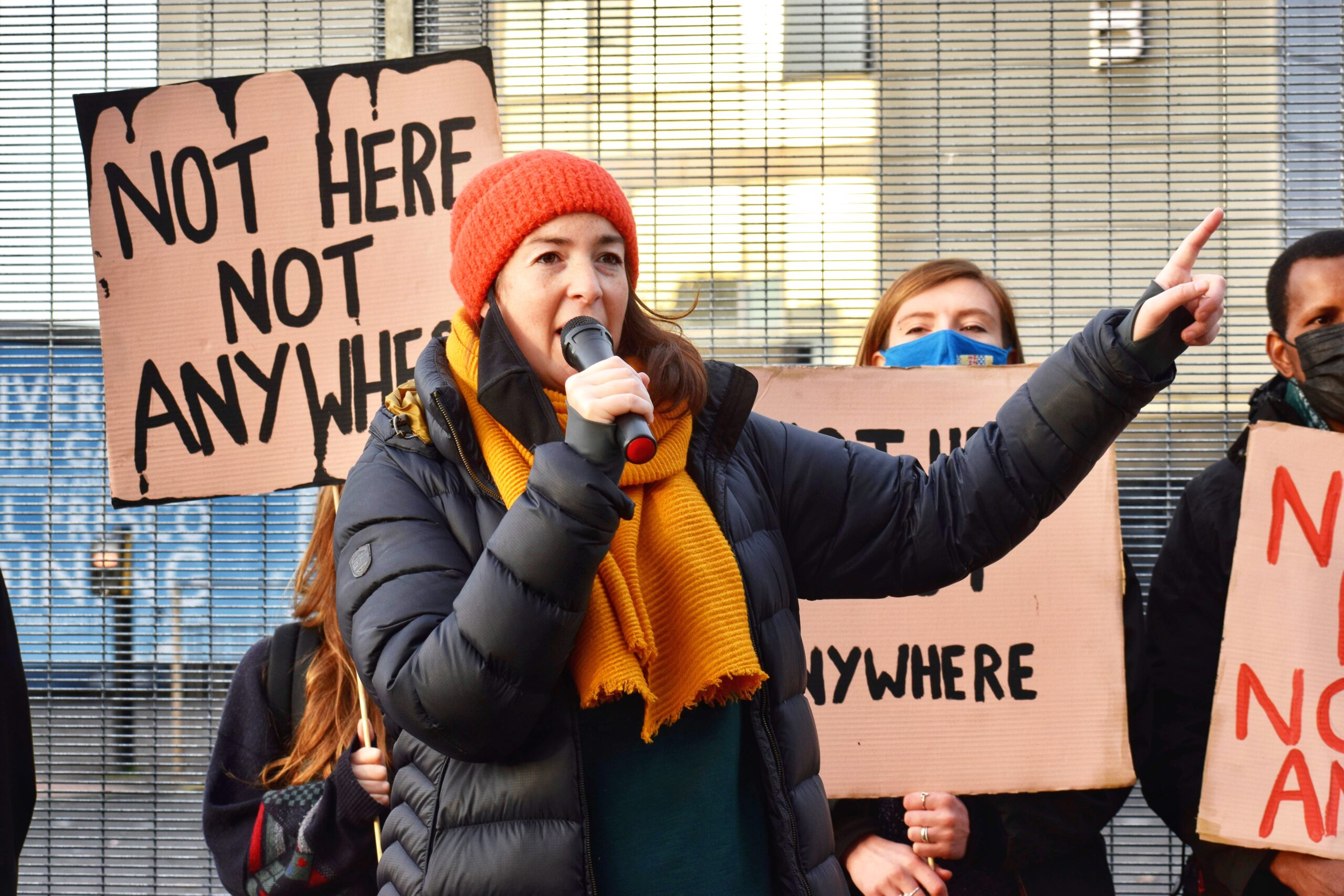
Cancun goes into extra time
Climate negotiations continue in Cancun, with the official end of the meeting passed some hours ago. I don’t intend to stay up all night trying to follow progress – as there is every chance they will be talking well into the small hours (Mexican time).
New texts have been tabled in the working groups, most of which still have significant areas of conflict.
The working group on the Kyoto Protocol (KP) still can’t agree on fairly basic issues such as the length of a new commitment period (five years or eight?), and the overall level of cuts to be acheived (anything from 15-45%), the document as a whole would allow those important debates to continue within a potentially fair framework.
But while the KP text refers to the other working group (on Long Term Cooperative Action or LCA), that group does not return the favour. The LCA text also provides a separate approach for Annex 1 (rich country) ‘targets’, as well as a mandate for developing country actions. Analysts on the ground in Cancun suggest that this is paving the way for the target-led Protocol to be abandoned, in favour of the pledge-based approach of the Copenhagen Accord.
With only two years before the current commitment period expires, time is running short – and even a decision made here might have to include transitional measures. If there is no decision on the second commitment period here it will look incredibly vulnerable going forward.
Otherwise, the LCA text is a mixed bag, albeit one which looks like going before the final plenary on a take it or leave it basis – sure to raise some hackles amongst countries
that resisted such an approach at Copenhagen. It provides for a Climate Fund with only a limited role for the World Bank, and relatively good involvement of developing countries. But on forests (REDD) it offers poor safeguards, and more generally, exceeds its mandate in creating space
for additional carbon trading.
Decision making at Cancun should be by concensus, but some participants have already begun hinting that blocking moves by one or two countries – Bolivia and Saudi Arabia coming in for specific mention for radically different reasons – will be somehow ignored. The key question in the coming hours is whether other countries – such as Tuvalu or Venezuala – will stand up again, as they did in Copenhagen, and dare to resist the momentum established by the US, Japan, Russia and others to buy off their interests in climate justice for, as Tuvalu put it last year “30 pieces of silver”.
